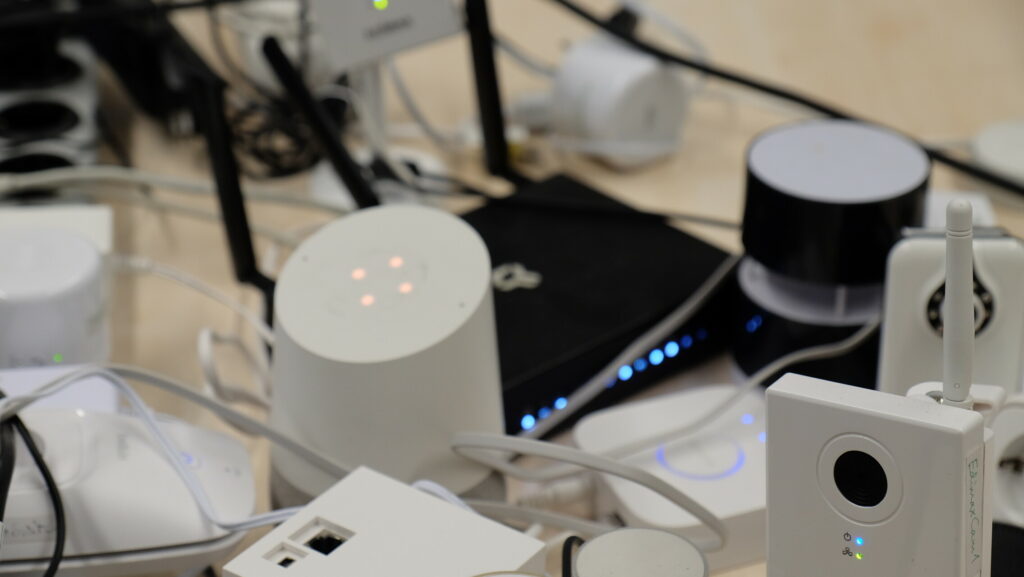“The best way to predict the future is to create it”
Peter Ducker
Software bugs can compromise your security, leak your private information, and endanger your life. What about hardware bugs?
Enclave computing

Enclave computing:
Secure computer platforms for the future. In recent years enclave computing has emerged as a core security primitive. Different attacks have shown that today’s enclave solutions cannot provide the desired comprehensive security guarantees. However, with novel security architectures that provide enhanced security and increase the flexibility of enclave computing, new and exciting applications can be built.
Long-term sustainable security architectures enable us to build future-proof solutions and systems. To achieve this ambitious goal, we have to combine hardware-based security architecture with software solutions that utilize the hardware’s full potential and amplify the security of the overall system
Cloud Scale Enclave Engine (CSEE)
In this project, our researchers will research, design and prototype a Cloud Scale Enclave Engine (CSEE) suitable for RISC-V server class platforms for scenarios such as public cloud (e.g. IaaS, PaaS), private cloud, multi-tenant NFV and other similar ICT scenarios: Customizable and Resilient Enclaves – CURE
Emerging Technologies
The Internet of Things is entering more and more areas of life. In the meantime, several manufacturers are producing devices with security deficiencies, as they often suffer from security design flaws and implementation errors. Our target is to identify such security gaps autonomously, allowing the system to mitigate them effectively in a secure and sustainable manner.

Internet of Things:
Intelligent security solutions for IoT. The recent emergence of a large number of inherently heterogeneous types of IoT devices and device manufacturers has led to an explosion of new IoT malware exploiting security flaws present in many new devices. Existing intrusion detection techniques for thwarting such attacks are not effective in detecting compromised IoT devices due to their inability to adapt to the large number of different types of new devices in a timely manner.
Machine Learning

Federated Learning:
Our researches simulated various attacks and defenses on Federated Learning (FL) applications with a focus on IoT Intrusion Detection Systems (IDS). We have extended the modeling of the behavior of IoT devices to a number of newer IoT devices to include common aspects necessary for the selection of anomaly detection algorithms.
Federated Learning – IoT Anomaly detection
In this project, our researches simulated various attacks and defenses on Federated Learning (FL) applications with a focus on IoT Intrusion Detection Systems (IDS). We have extended the modeling of the behavior of IoT devices to a number of newer IoT devices to include common aspects necessary for the selection of anomaly detection algorithms.
Federated learning allows training Neural Network even in scenarios with insufficient data by enabling multiple entities to collaborate, while its privacy preserving mechanism make it applicable, even in scenarios with highly sensitive data, like medical data.



